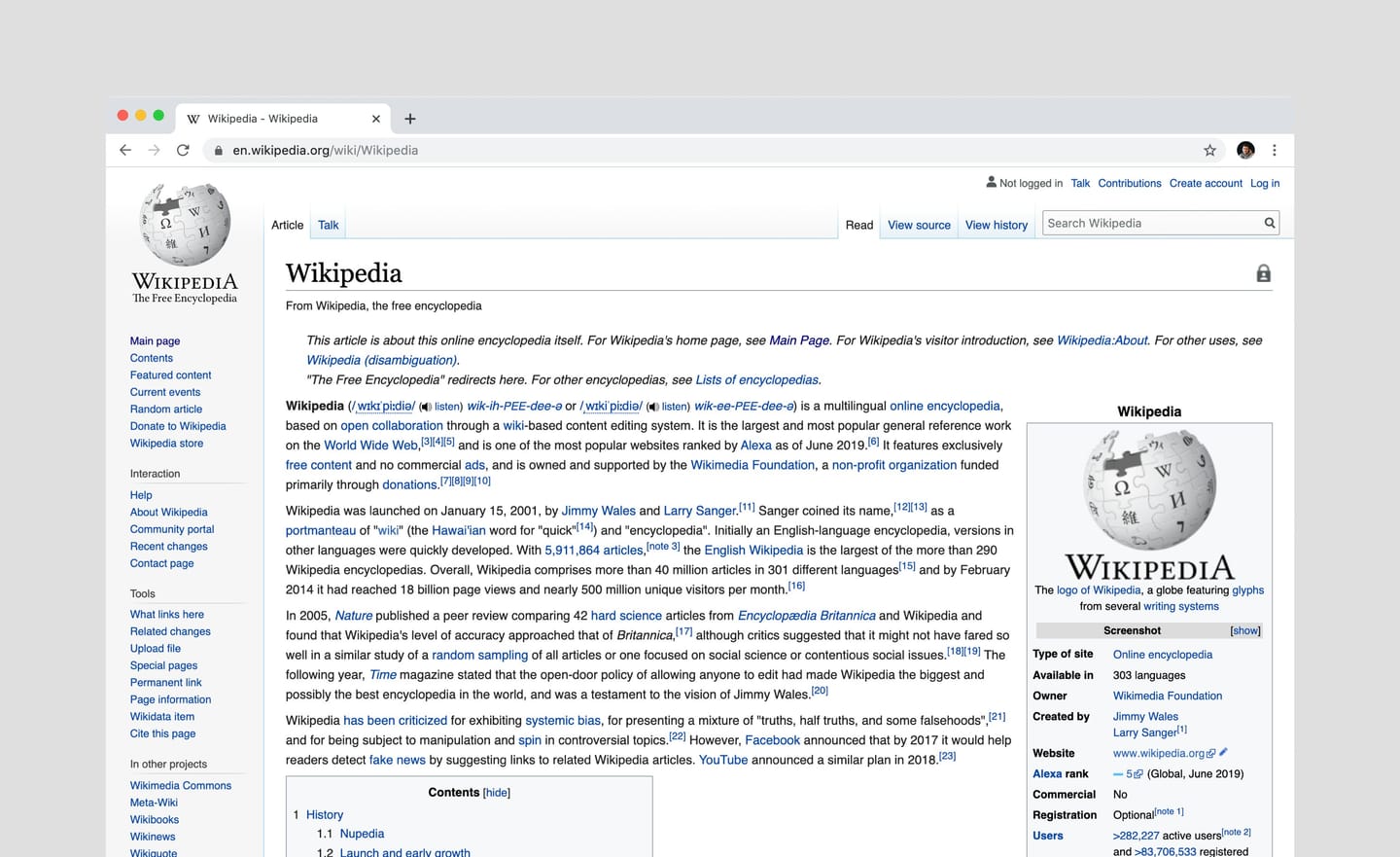G7 Cybersecurity Experts Issued a Statement on the Interconnection Between AI and Cybersecurity
In September 2025, the G7 Cyber Expert Group published a statement addressing the intersection of AI and cybersecurity. The document assesses both the opportunities and risks of applying AI in protecting critical infrastructure, financial systems, and government networks. According to the statement, G7 countries must take coordinated regulatory and technological













